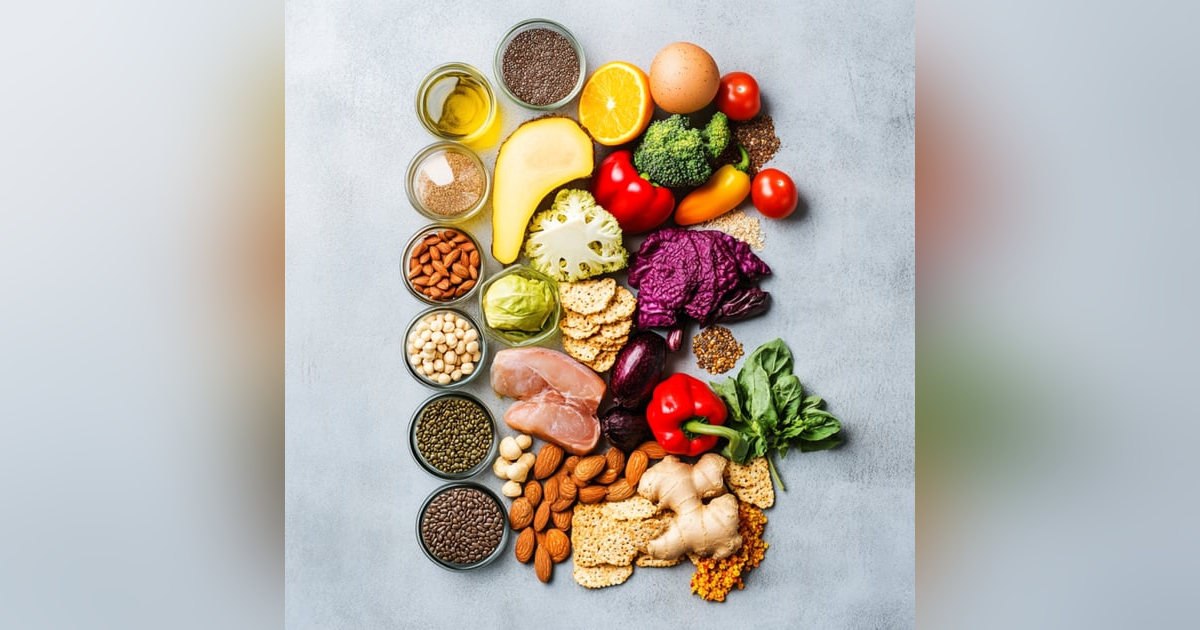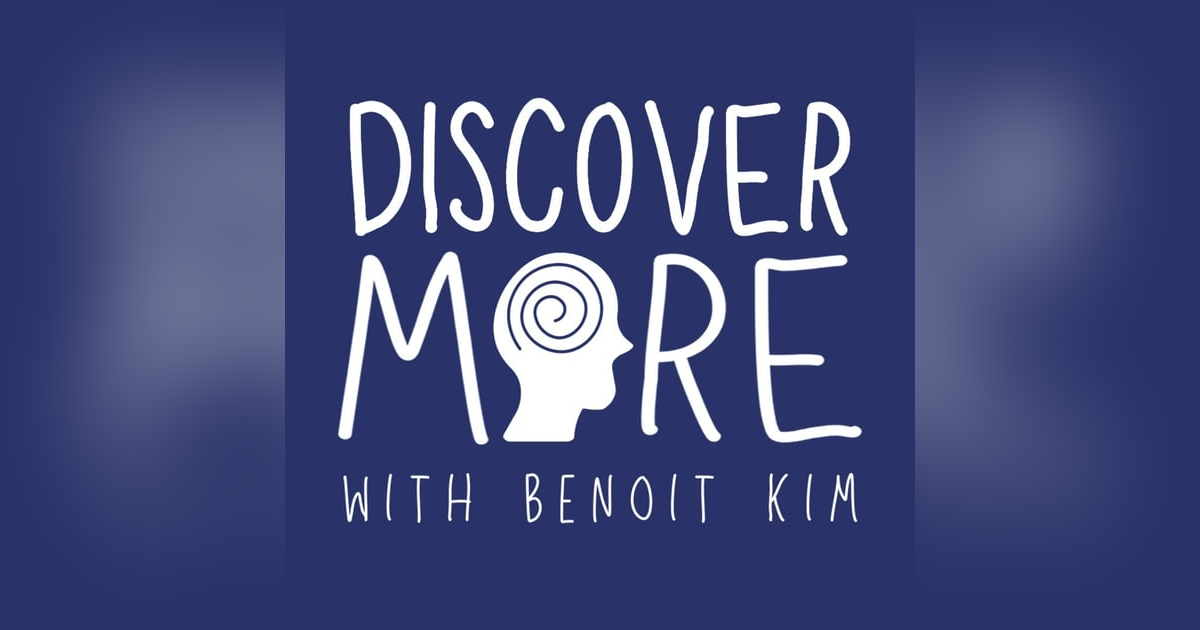#168. Why the American Diet Is Ruining Mental Health? - Dr. Georgia Ede | Harvard Psychiatrist


Is the Standardized American Diet ruining our mental health? Why is the nutritional science often unscientific? Why are the USDA’s good guidelines harmful to American health?
According to TIME, mental health in the United States has been worsening by every metric since 2000, including a 30% increase in suicide rates. In 2021, 22.8% of American adults reported experiencing mental health issues. In late 2022, only 31% of Americans reported mental health as “excellent” when compared to about 43% from the early 2000s.
Dr. Georgia Ede is a Harvard-trained nutritional psychiatrist, brain metabolism expert, international speaker, and best-selling author.
In today’s conversation, a Harvard nutritional psychiatrist exposes fake nutritional science, why the USDA’s guidelines are unscientific and harmful, the truth behind vegetable oils and ultra-processed food, why superfood is a myth, what we can do to reverse our brain health, and much more.
You can grab Georgia's new book, Change Your Diet, Change Your Mind, on Amazon and all major bookstores.
Welcome to Discover More. Let’s get this started!
Rate The Podcast:
https://ratethispodcast.com/discovermore
Show Note
Georgia’s Website
Georgia’s Instagram
Georgia’s Book
*
Join Our Community
Discover More Website
Short-form Content
*
Discover More is a top ten social sciences podcast for independent thinkers who appreciate the importance of mental health, psychology, and social sciences. Looking for deep thinking?
*
Watch the full-length episode on YouTube
*
Thank you for Discovering More with us!
Discover More is a podcast for independent thinkers who appreciate the importance of mental health, psychology and social sciences. In today's conversation, a Harvard nutritional psychiatrist exposes fake nutritional science. You can schedule a free 30 minute consultation to start discovering more about your mental health journey.
What we eat could have such a profound impact on our mental health. If you understand what the brain actually needs to function at its best, you can apply those principles in your life. I really think that this is the future of psychiatry. Americans are really good at catching onto a fad.
Former psychiatrist says food culture on college campuses is a travesty. He says it was difficult to inspire students to eat differently. Most people don't understand how damaging these foods are to the brain, he says.
Even whole food, as you talked about in your book, has been hijacked and diluted with a different type of whole food. Can you redefine what actually qualifies as whole food and what is considered refined, processed and ultra processed food? Modern processing, which requires industrial methods, is almost all risk and no benefit.
Sally Kohn: I'm nutritionally pro choice. I like to give people choices. But I want those choices to be informed choices. She says there are two kinds of science. There's science based in the scientific method and there's science that's based in guesswork and theories.
Most of USDA's Americans Dietary Guidelines are based on no science. The people I wish were better stewards of nutrition science to help only the higher quality scientific papers get in. That contributes directly to the rise of skepticism and contrarian view for science.
How are consumers supposed to fight these, you know, lobbyists and greed and corruption within the nutrition guideline system? What I try to do is give individuals and families, doctors and consumers and patients the information they need. You have to be strong and confident in your knowledge.
If you never test your theories, nutrition epidemiologists spend all of their time coming up with theories. These beliefs distract us from making the changes that actually matter to the brain. If you make the changes, you can see tremendous improvement in your mental health.
Most medical school does not teach nutritional science. The main driving force behind most cases of Alzheimer's disease is feeding the brain incorrectly. The foundation of our mental and physical health is good metabolic health.
metabolic health is how your cells take care of themselves. If you have poor metabolic health, your cells are not functioning properly. Almost everything that's unhealthy about our lifestyle is unhealthy because it raises insulin levels too high. We have to live without insulin.
Most Americans are insulin resistant and their glucose levels are running too high too often. 10% of people per year will develop type 2 diabetes diabetes if they don't change course. Moderation is key. All you need to do is learn how to lower your insulin levels.
There are lots of ways you can improve your diet without doing a ketogenic diet. You can get the benefits of ketosis no matter how many plants or animals you're eating. Not all whole foods are created equal.
You have to know where you stand metabolically to understand how safe carbohydrates are for you. Measure your waist circumference and compare it to your height. Test yourself for insulin resistance. Without insurance, you can order your own lab tests.
You are the first author of the ketogenic diet and bipolar disorder. You talk extensively in the book about how ketosis really helps with depression. Since humans are complex, there are genetical variabilities into the benefits.
There is no such thing as superfood. In fact, in many cases, they promote greater levels of oxidative stress and inflammation. What we need to focus on is what is a food and what is not a food. If we separate those two concepts, we'll be healthier and be at less risk.
Discover More is about how we view food as medicine. Author hopes to empower people with mental health conditions to improve their mental health in ways they didn't think possible. Also wants to improve the quality of the conversations about food.
"I wanted to intentionally save this very juicy, pun intended and provocative quote from your book to close out today's conversation. I think it encompasses everything you said and it's not black and white. Challenge your perceived truth and let's make sure it's actually truth and backed by actual science "
The Trainer talks about food and nutrition and mental health in general. She encourages listeners to choose curiosity over fear in the next week's Trainer. As always, she links all of her information in the show notes below.





